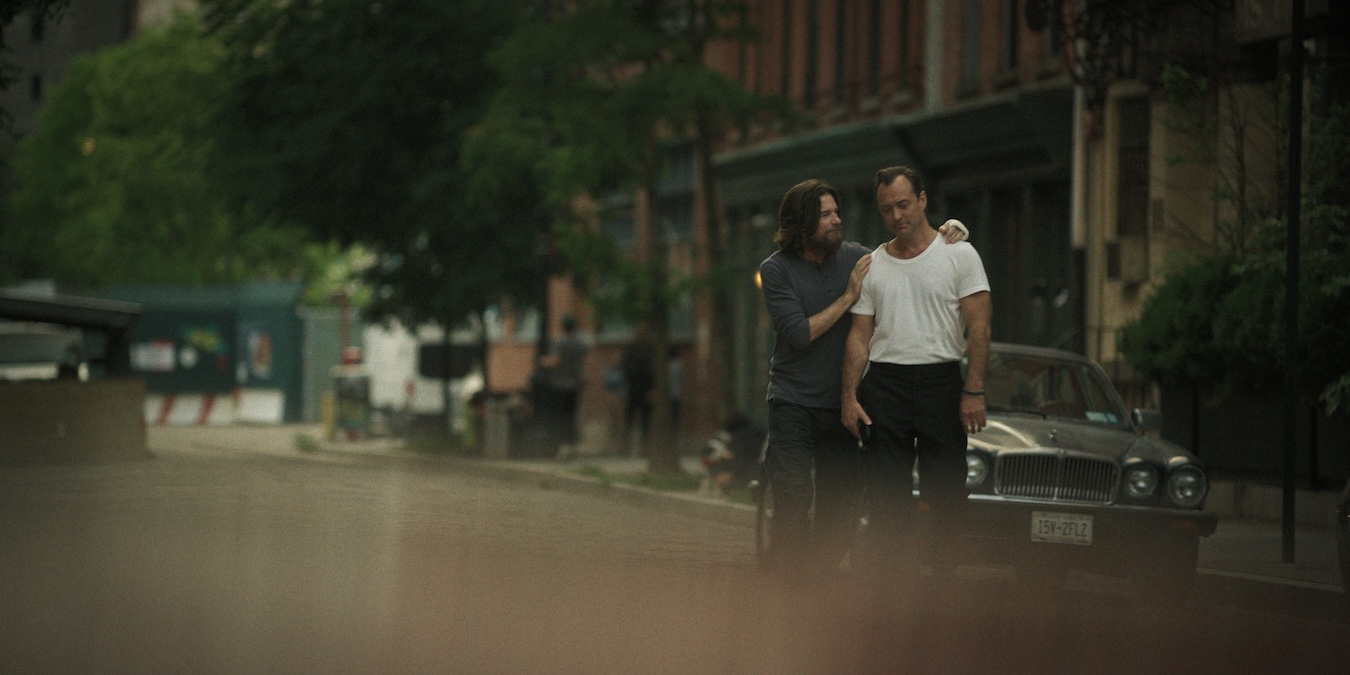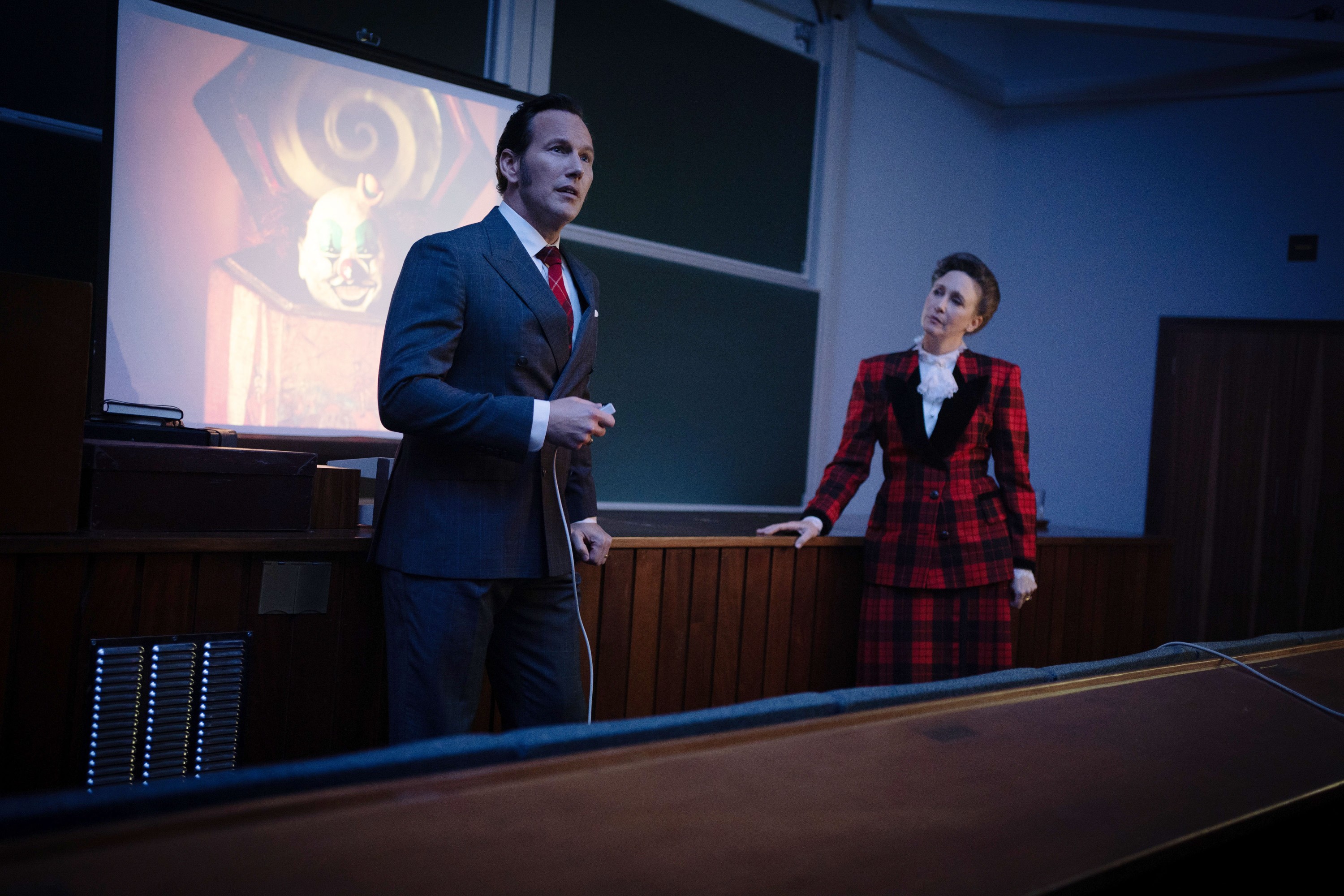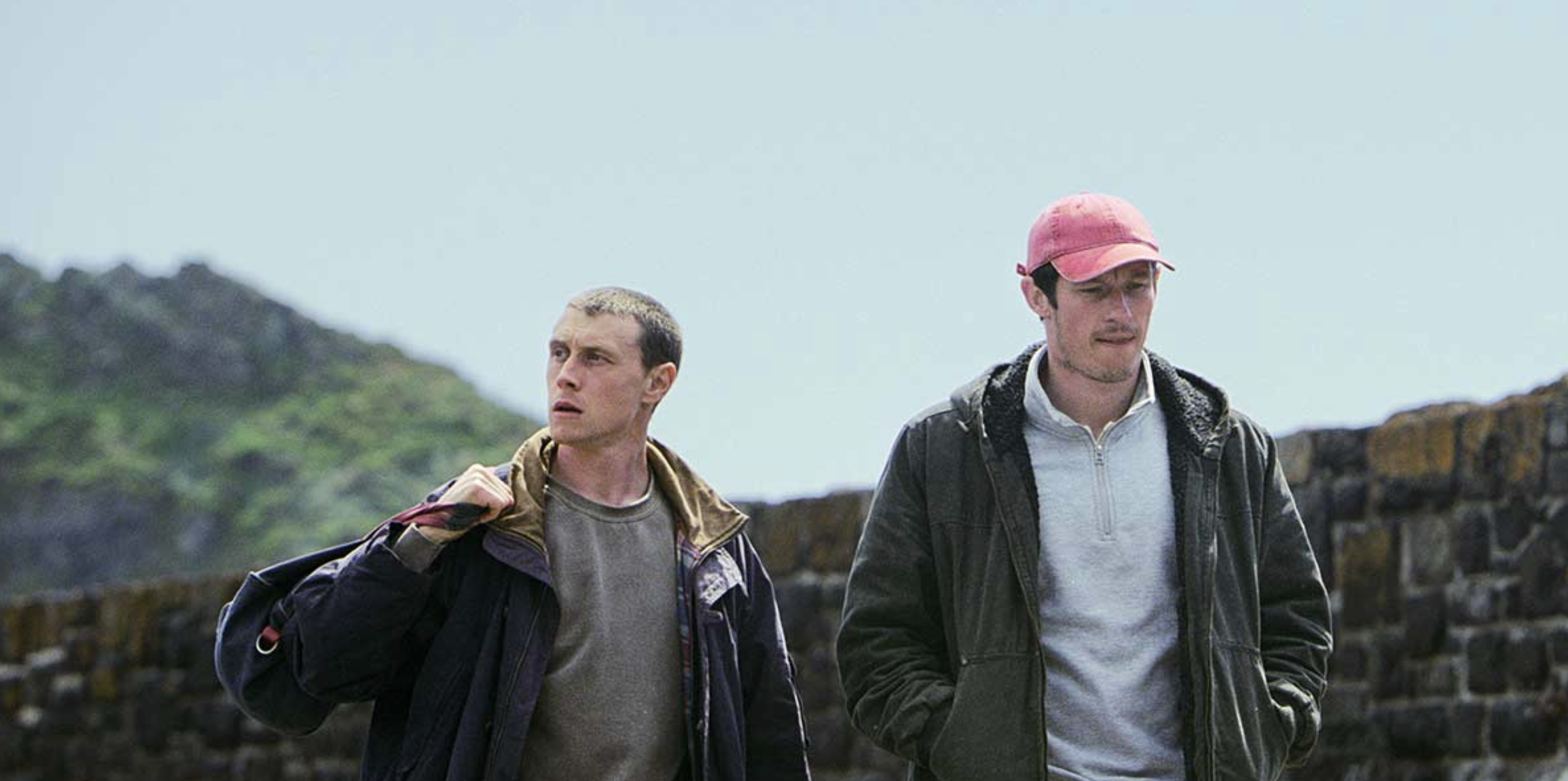“Black Rabbit” opens in media res, while Jake (Jude Law) is giving a celebratory speech at his trendy Manhattan restaurant. Toasting the culmination of his team’s hard work, the co-owner of the swanky three-story pub tells the polite crowd of casual diners and social climbers that they “never wanted [this] to be just a restaurant. We wanted to build a home for our family, our friends, our people. A place you could come for a drink, a smoke, for the best burger in New York — a place where the night could go anywhere.”
And then two masked men burst through the back doors, demand everyone hands over their valuables, and stick a gun in Jake’s face.
While surely not what Jake meant when he said the Black Rabbit was “a place where the night could go anywhere,” it’s a peculiar, constrictive, and prescient framing for a series that then jumps back in time to a month earlier, so it can ramp up to the one night where what happens is already set in stone.
Sure, “Black Rabbit” casually teases out trivial clues in its hourslong lead-up to the robbery, inviting us to wonder who has it out for Jake, why they’re targeting his restaurant, and how he (and everyone else) survives the night. But many of those answers are obvious right away, and amid its withholding, time-hopping story structure, creators Zach Baylin and Kate Susman take far too long justifying why anyone should give a shit about Jake, his black-sheep brother Vince (Jason Bateman), and the rest of the Black Rabbit bar. Instead, they frontload all the reasons these people don’t deserve our time — which are a little too convincing, even after the full framework clicks into place.
Waiting for the picture to form proves as painful as this “Rabbit” hole is dark. A month prior, when the core chronology starts up, Jake is working day and night. The restaurant is on a hot streak, and there’s a New York Times critic expected for dinner in the coming days. A starred review could catapult the Black Rabbit to the upper tier of the city’s nightlife, so naturally everyone is making sacrifices to ensure the FiDi destination is at peak performance.
For Jake, that means sleeping in the upstairs office, asking his son to transcribe work texts while he drives him to school, and picking up bar shifts, hosting duties, and whatever else falls through the cracks once doors open. He’s motivated, in part, because he’s exhausted and in part because he’s eyeing an expansion. “I gotta make some money without my sweat all over it,” Jake says, while explaining his plan to turn the Black Rabbit into a brand. He wants to open a bigger, splashier space uptown, and with the Times’ seal of approval, investors should welcome him with open arms.
That is, so long as he avoids any bad press. While Jake spins besmirchment as a routine aspect of running a restaurant, he’s given good reason to worry by two unique harbingers of doom: The first is an opaque issue with his best bartender, Anna (Abbey Lee). Typically reliable and long respected, Anna skips a couple of shifts and stops returning Jake’s calls. This happens after a few staffers spotted her slipping out of the bar one morning in rather rough shape, but pressed for time and seemingly unaware of any extenuating circumstances, Jake fires her.
Luckily (so to speak), a replacement comes calling just in the knick of time. Vince, who co-founded the Black Rabbit with his brother years ago, has been hiding out in Reno for an indeterminate period, for unambivalent reasons. Introduced bitching to a casino waitress who asks him to pay for his drinks before botching the sale of his antique coin collection so badly he has to flee the state, Vince is immediately recognizable as a guy you never, ever want to run into. From the scraggly caveman beard stretching over his timeworn T-shirts to the grifter’s grin and desperado’s desperation, he’s as immutably loquacious as he is perpetually angry — perfect casting for Bateman, an actor whose rise to fame as nice, normal audience surrogates has allowed a more recent resurgence playing impossibly affable assholes. (See: “Carry-On,” and before that, “Bad Words.”)

Under the circumstances, Jake’s reaction to his older brother’s arrival (which Jake facilitates by buying his plane ticket, picking him up at the airport, and giving him a place to stay) is downright saintly, especially since it all goes down before he realizes he needs a new barman. Once he does, and Vince has wormed his way back into the high life, it’s only a matter of time before it comes crashing down around them. And that much is clear even before you remember the pivotal robbery is still weeks away.
Toying with many of the same themes as Bateman’s breakout Netflix drama, “Ozark” — family ties, financial pressures, and moral sacrifices — “Black Rabbit’s” concentrated form of fraternal crisis lacks its predecessor’s guile or guts. Rather than tear down its two antiheroes to see how they build themselves back up (and at what cost), the relentless limited series just keeps bowling them over, circling and re-circling the same fights, the same chase scenes, the same ethical compromises, as the Friedken brothers mount up an insurmountable tab at a bar that owns their souls.
It’s all rather exhausting, misery for the sake of misery, and it’s a credit to the stalwart team of directors — including Bateman (who helms the first two episodes), Laura Linney (in her second stint behind the camera after “Ozark”), Ben Semanoff (another Emmy-nominated “Ozark” alum), and best of all, Justin Kurzel (who directed Law in last year’s gritty ’70s crime gem, “The Order”) — that the seamy visuals are so alluring despite all the off-putting goings-on. Kurzel really dials up the tension in the final episodes, answering the initial question — “God, how are there two more hours of this?” — by making what could almost work as its own two-hour movie, driven by unceasing urgency, outstanding NYC atmospherics, and just a sprinkle of emotional enlightenment.
Given the robust talent behind “Black Rabbit,” it’s a shame their diligent work is in service of such a hollow, joyless venture. Batemen gets a few moving monologues, but Vince’s heavier dose of morbid witticisms aren’t enough to overcome his pervasive selfishness and abominable behavior (nor is a late-arriving revelation about his past). Law is a solid lead, as always, but his devilish skills have been better utilized in “The Young Pope” and “The Third Day,” while Jake’s arc can’t seem to settle between peeling back the layers of a handsome, charming facade to expose an equally self-centered shithead underneath, or if he’s just a mediocre man who’s taken on too much. Troy Kotsur (“CODA”) is quite good as an imposing mobster who will, nonetheless, listen to reason, but that peripheral detailing is as far as “Black Rabbit” goes to break from expectations.
Although the series never feels like it could go anywhere, at least the inevitability instilled by its flash-forward opening quickly illustrates why you don’t have to keep hanging around.
Grade: C-
“Black Rabbit” premiered Sunday, September 7 at the Toronto International Film Festival. All eight episodes will be released Thursday, September 18 on Netflix.



